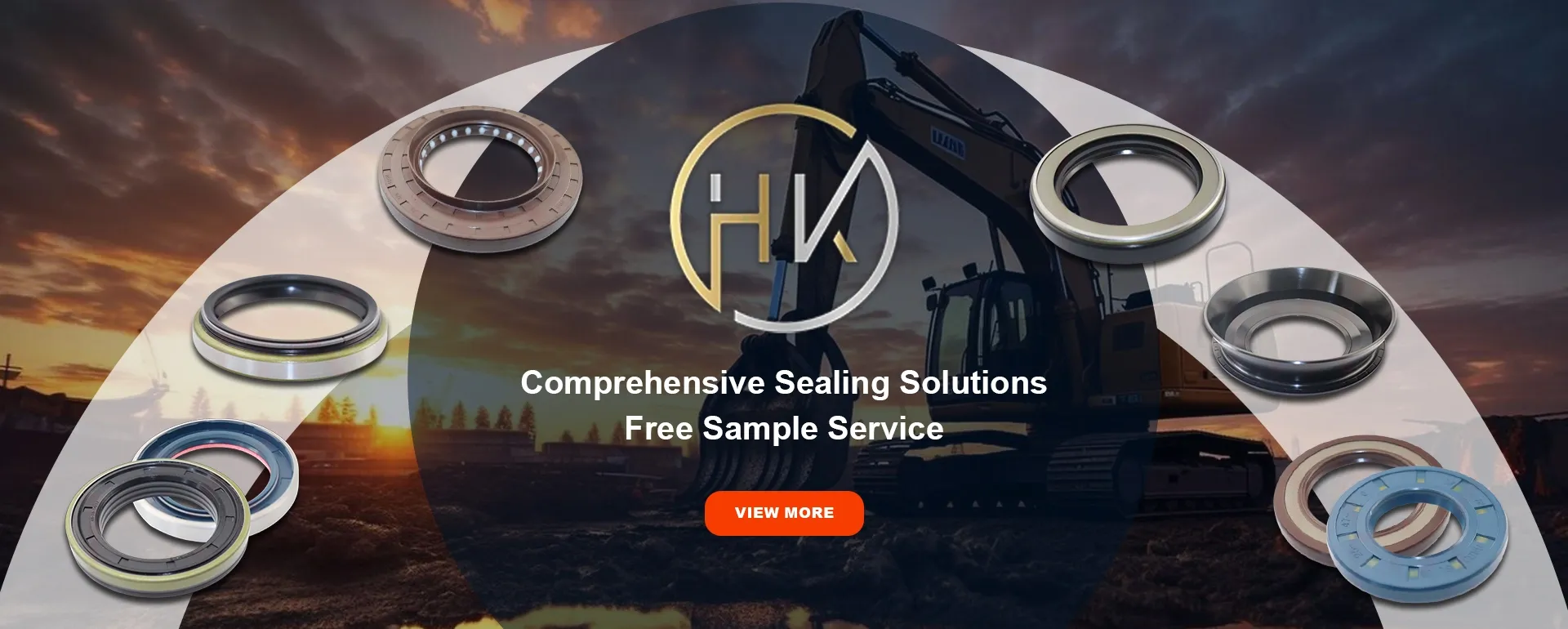نويابىر . 07, 2024 23:10 Back to list
Understanding the Importance and Functionality of Oil Seals in Machinery
Understanding Oil Seals Importance, Types, and Applications
Oil seals, often referred to as lip seals or rotary shaft seals, play a crucial role in various mechanical systems. They are essential components designed to prevent the leakage of lubricants and to block the ingress of contaminants into machinery. Understanding the function, types, and applications of oil seals is vital for anyone involved in mechanical engineering, automotive industries, or maintenance operations.
The Function of Oil Seals
The primary function of an oil seal is to retain lubricants, typically oil, within a machinery component, ensuring that moving parts are adequately lubricated to minimize wear and friction. This lubrication is essential for the smooth operation of machinery, as friction can lead to overheating and premature failure of components. Additionally, oil seals prevent dust, dirt, and moisture from entering machinery, which can cause corrosion and damage over time.
Another critical aspect of oil seals is their ability to function under a variety of pressures and temperatures. They are designed to create a tight seal around rotating shafts, which can experience significant stress during operation. The right oil seal can withstand extreme conditions, ensuring reliability and longevity in various applications.
Types of Oil Seals
Oil seals come in several different types, each suited for specific applications and conditions
1. Single Lip Seals These seals have one sealing lip and are used in applications where the sealing requirements are less demanding. They are generally used in low-pressure situations and are designed to keep the lubricant in while preventing contaminants from getting in.
oil seal

2. Double Lip Seals These seals feature two sealing lips, providing an added layer of protection against dirt and moisture. The inner lip retains lubricant, while the outer lip shields the internal environment from external contaminants. They are commonly used in higher pressure and more demanding environments.
3. Spring Loaded Seals These seals come with a spring that applies pressure to the sealing lip, enhancing the seal’s ability to maintain contact with the shaft. This design helps ensure a tighter seal and is particularly beneficial in applications where there might be shaft misalignment or vibration.
4. Custom Seals In some cases, standard oil seals may not meet specific requirements. Custom-designed seals can be manufactured to precise dimensions and material specifications, ensuring optimal performance in unique applications.
Applications of Oil Seals
Oil seals are ubiquitous across various industries. In the automotive sector, they are crucial in engines, transmissions, and differentials, where they prevent oil leaks and maintain optimal lubrication. In industrial machinery, oil seals are found in gearboxes, pumps, and motors, where they protect against the entry of contaminants that could lead to mechanical failures.
Furthermore, oil seals are increasingly important in the aerospace industry, where they help maintain the integrity of various systems under extreme pressure and temperature variations. In hydraulic equipment, oil seals are vital for preventing fluid leaks, ensuring efficiency and safety in operations.
Conclusion
In summary, oil seals are indispensable components that ensure the smooth functioning of machinery by preventing lubricant loss and protecting against external contaminants. Their various designs cater to numerous applications across different industries, highlighting their versatility and importance in mechanical systems. Regular inspection and maintenance of oil seals can significantly extend the lifespan of machinery and improve operational efficiency. Understanding the role and types of oil seals will empower engineers and technicians to make informed decisions, ensuring that systems operate reliably and efficiently.
-
Unlocking the Potential of Hydraulic Systems with Essential Sealing Solutions
NewsAug.06,2025
-
Unleash the Power of Your Hydraulic Systems with Our Premium Seal Kits
NewsAug.06,2025
-
Specialized Hydraulic Seal Kits for Breakers, Pistons, and Presses
NewsAug.06,2025
-
Revitalize Hydraulic Systems with Premium Repair and Seal Kits
NewsAug.06,2025
-
Fortify Your Cylinders with Premium Sealing Solutions
NewsAug.06,2025
-
Elevate Hydraulic System Reliability with Specialized Seal Kits
NewsAug.06,2025
-
TCN Oil Seal Metal Ring Reinforcement for Heavy Machinery
NewsJul.25,2025
Products categories
















